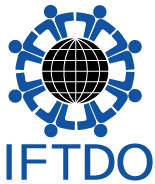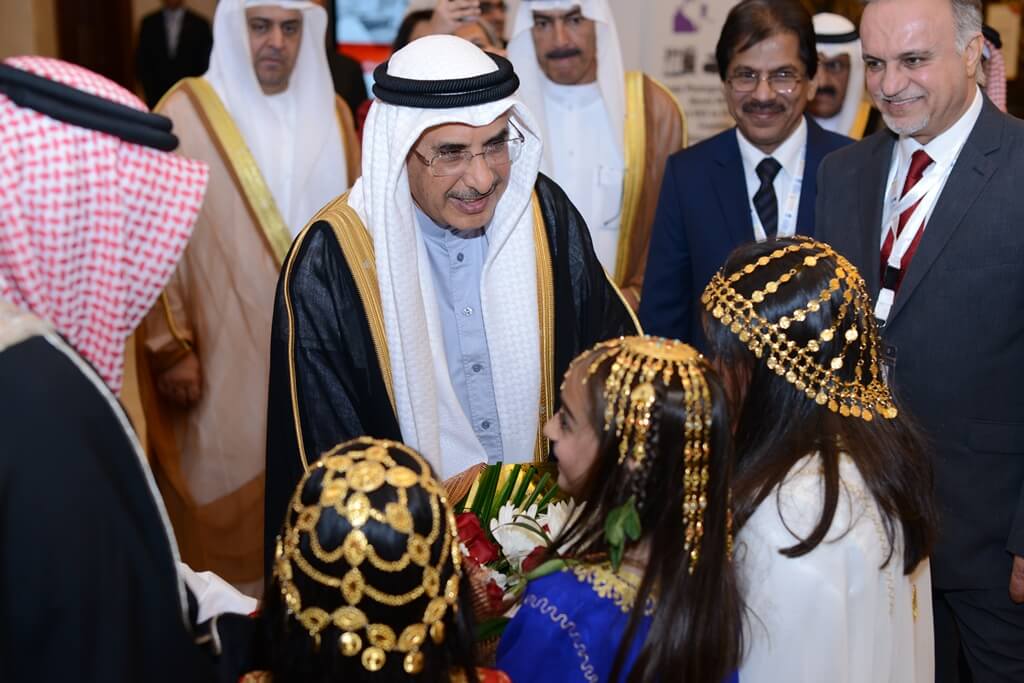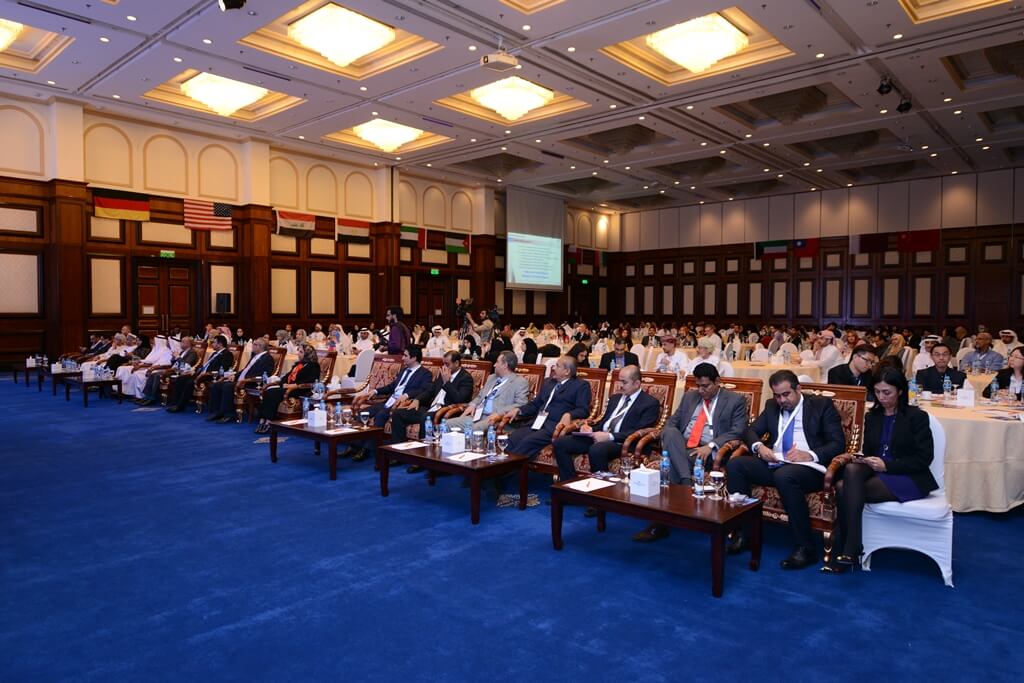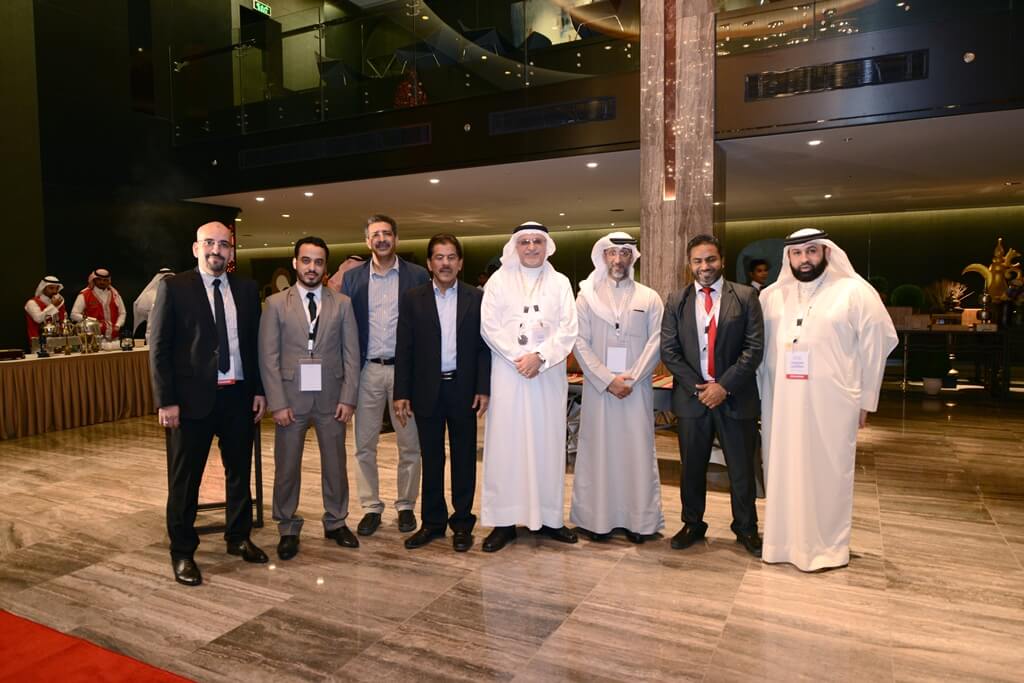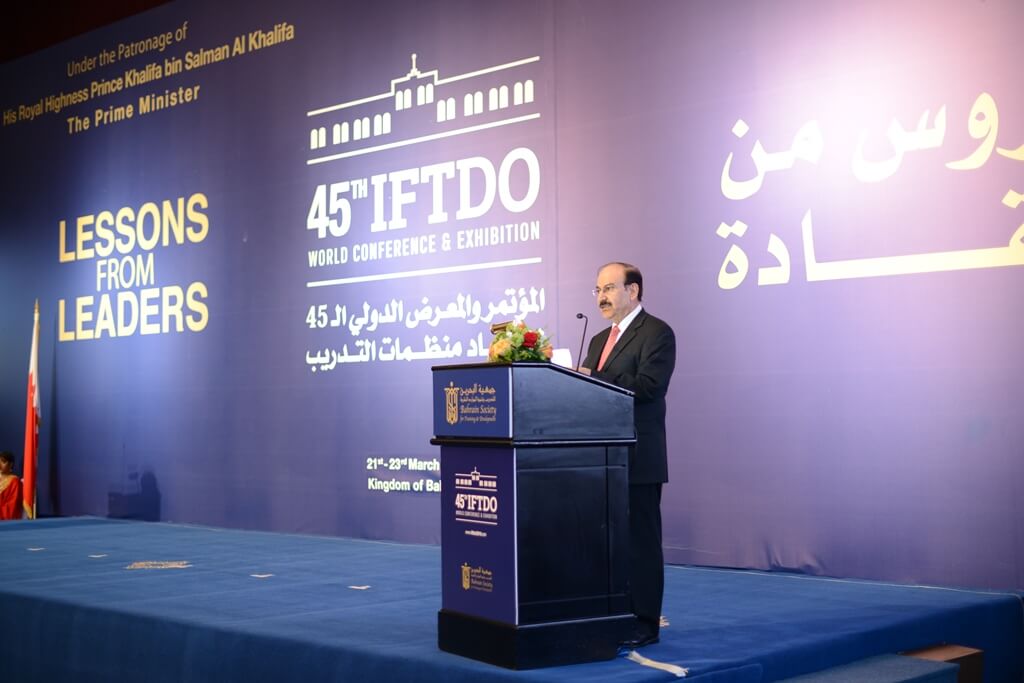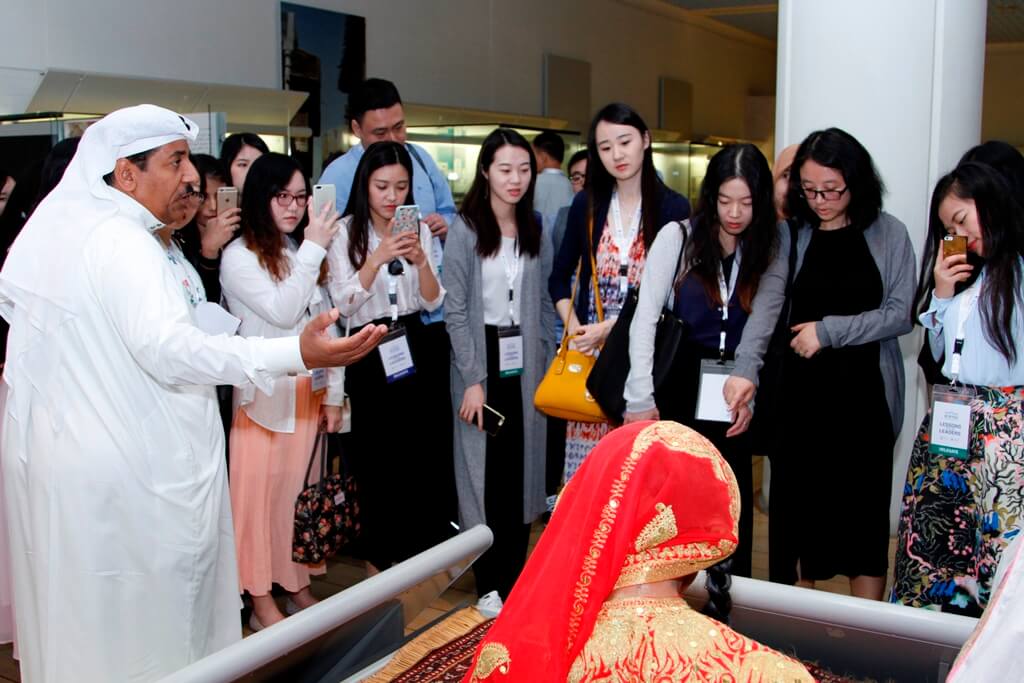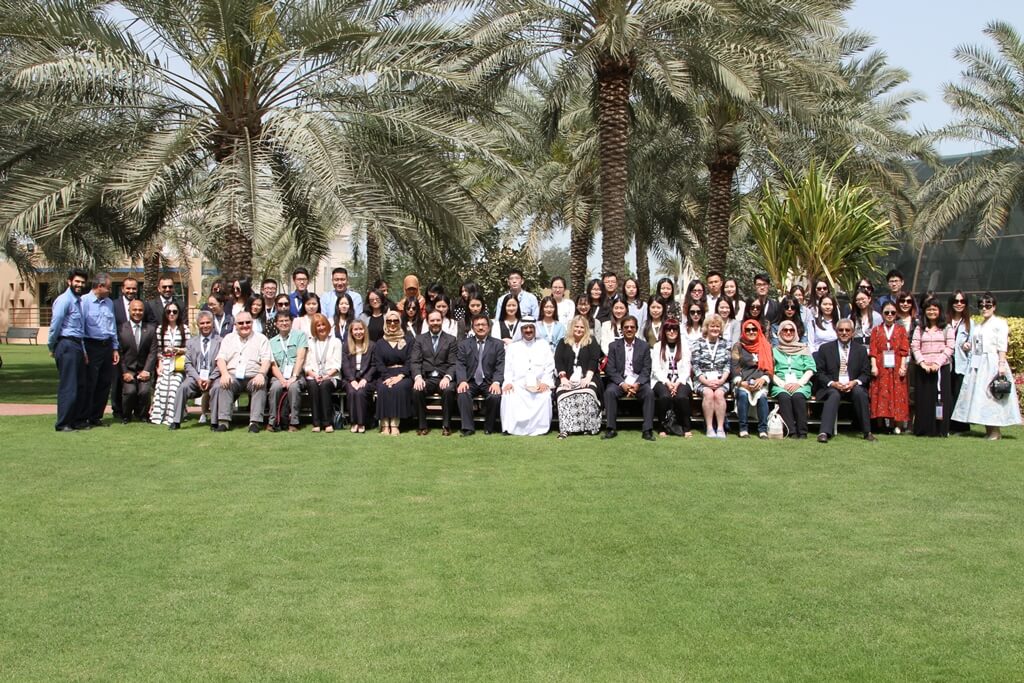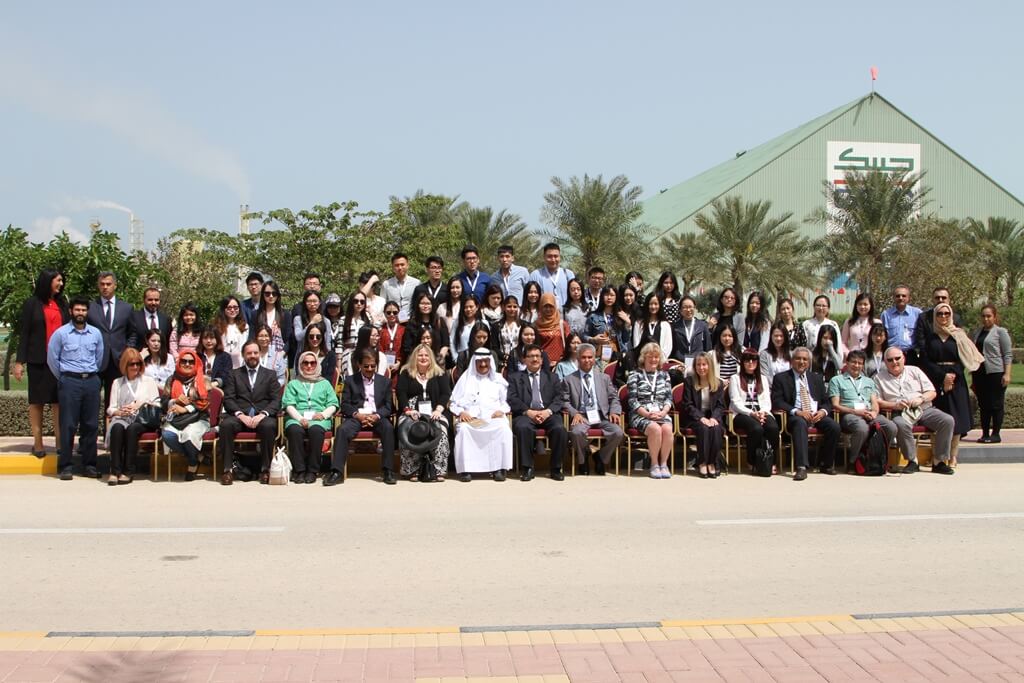Follow On:
IFTDO Global HRD Awards 2024 Announcement
The IFTDO Global HRD Awards Program recognizes the achievements of organizations and their people. It also provides a valuable database of success stories to inspire and guide others. Submissions for these awards are opening to organizations from around the globe. Past recipients represent a wide range of organization types. Given the changing dynamics and needs of the training and development industry, IFTDO is pleased to announce it is offering three awards in the awards program. Awards will be given to representatives of each of the following membership sectors:
- Government organizations, institutions.
- Multinational, Large corporations
- Small and Medium Enterprises
Submissions will be evaluated by an esteemed panel of judges, against the criteria outlined for the award category selected by the submitter.
All entrants must agree to allow IFTDO to publicize their award on the IFTDO website. Additionally, entrants will agree to publish their work in the IFTDO Newsletter and Journal.
There are Three award categories:
- Value for Money Award
- Innovation in Practice Award
- Learning into Action Award
Award Categories:
1- Value for Money Award
Today more than ever, training and development leaders are asked to demonstrate value for the money spent on programs and projects. Value in terms that resonate with multiple stakeholders tells a complete story of a program’s contribution to organizational success. This story enables decision-makers to allocate resources to programs that work; to improve programs so that they become more successful or to reallocate resources away from those programs adding less than the desired value.
IFTDO’s Value for Money Award recognizes exemplar work in measurement and evaluation of training and development programs. The assessment must apply to programs that are:
- Strategically aligned with organization objectives
- Expensive in terms of resource investment, including time, money, and staff commitment
- Designed to addresses the learning and performance needs of many employees
- Of strategic interest to senior executives
These types of programs require robust evaluation.
Successful entries will describe the evaluation and results of a training and development program
or project. Applications must meet the criteria described above and include a complete
description of
- The process to align the program to business/organization needs
- A process model that follows a set of standards to ensure reliability in results
- Results including six types of data
- Reaction
- Learning
- Application
- Impact
- ROI
- Intangible benefits
- The strategy to communicate results to stakeholders
- The use of results to drive change either in the program or the organization at large
The IFTDO Award judges will look for the following key attributes:
- Clear connection to the business/organization needs.
- Specific, measurable objectives serve as the basis for the design and program evaluation
- Results include six types of data, which include the financial ROI and intangible benefits
- The process will include steps to isolate the effects of the program on improvement in
business measures. Such steps may include experimental design, trend line analysis,
mathematical modeling, or estimations from credible sources of data. - Lessons learned through the process.
- Citations for references, models, resources used for which copyright may exist (will not
count against word limits)
Each submission will include a good structure and presentation.
2- Innovation in Practice Award
Innovation is about solving organizations’ most significant problems and helping them leverage opportunities. It requires an organizational culture that embraces failing fast with an expectation of failing smart. Training and development are central to innovation, and innovation is core to training and development. For this reason, IFTDO is sponsoring the Innovation in Practice Award. The recipient will be an individual, team, or organization that demonstrates exemplar practices to innovative solutions that solve their organizations’ most significant problems.
The recipient of this award will demonstrate their process for designing innovative solutions that
address significant challenges or opportunities. Methods should incorporate design thinking
principles and prototyping. Candidates of this award will describe how they:
- Assess the opportunities and challenges the organization faces, including the specific
business measures that need to improve - Identify the most feasible solution(s) given the opportunity and those who will make it
work - Focus the solution by developing measurable objectives
- Design a pilot solution so that it matters to all stakeholders and leads to behavioral
change and performance improvement - Evaluate the success of the pilot solution
- Optimize evaluation data to ensure a successful implementation or decide to pursue
another solution
The IFTDO Award judges will look for the following key attributes:
- Clear description of the innovative solutions and organization problems.
- Description of a specific innovation or Sprint process that led to the solution and ultimate
decision about the solution. - Results of the pilot and decision to move forward or not.
- Lessons learned through the process.
- Citations for references, models, resources used for which copyright may exist (will not
count against word limits).
Each submission will include a good structure and presentation.
3- Learning into Action Award
According to ROI Institute/Association for Talent Development research, the most critical measure of success of training and development is its impact on vital organizational measures. The second most important measure is demonstrating the return on investment. To ensure success with these critical measures, participants of training programs must apply what they learn. Yet, research by Dr. Rob Brinkerhoff tells us that 20% of learners never use what they learn and that 65% try to apply what they learn, but revert to their old ways. A Corporate Executive Board (CEB) study reported that in the typical organization, 45% of all learning is never applied. With this level of “scrap learning,” organizations are wasting hundreds of thousands of dollars on training. It is no wonder training budgets are of the first to get cut during times of resource reallocation. Because of the importance application of knowledge, skill, and insights plays in ensuring organizations meet outcomes and key results, IFTDO is sponsoring the Learning into Action Award.
The recipient of the Learning into Action Award will demonstrate exemplar practices in turning learning into action. Candidates will describe their strategy to ensure learning transfers to behavior or process change for a major program or project. They will describe how they
- Addressed the learning transfer issue during the needs assessment process
- Worked with managers and other supporting stakeholders to ensure they take steps to
support the application of learning - Designed the program so that participants, managers, and other stakeholders were
compelled to act - Designed the program so that learning and application occurred including how they made
learning transfer easy - Influenced participants, managers, and other stakeholders to act and to ensure
sustainable use of newly acquired knowledge skills and information.
The IFTDO Award judges will look for the following key attributes:
- Description of the need for and objectives of a major program or project
- Identification of stakeholders and their role in the learning transfer process
- A step-by-step strategy to ensure stakeholders felt compelled to act/change behaviors
and that the actions of all stakeholders and participants were doable. This strategy may
include communications, job aids, templates, etc. - Success with the learning transfer strategy, including results of the program evaluation.
- Lessons learned through the process.
- Citations for references, models, resources used for which copyright may exist (will not
count against word limits)
Each submission will include a good structure and presentation.
For this award, judges will pay attention to innovative and creative learning transfer strategies, which set new standards of best practice.
How to Enter
Rules of Entry and Entry forms are available via the IFTDO website http://www.iftdo.net. Entries may be submitted by IFTDO member organizations as well as by other organizations that are presently not members of IFTDO.
Judging Process
There is an international Panel of Judges consisting of eminent persons in the HR, training and development, and academic field. The judging process for this IFTDO Award falls into two main stages:
Stage one
Stage one is the initial assessment process to determine the shortlist of entries. This assessment will be based on the review of the information submitted with the entries.
Stage two
The shortlisted entries selected from stage one will be further assessed for final decision of Awards. If considered necessary, representatives from concerned organizations may be invited to a judging teleconference or meeting or further submission. Recipients of the award will be informed within 2 months of the closing date of the Awards.
Presentations of Awards:
The 2022 Awards were presented at the Awards ceremony, held during 49th IFTDO World Conference held at New Delhi on May 19-21, 2022, India to the following Awardees:
Category (1): Value for Money
Workforce Development Agency – Taiwan, for the Project-
“The legislation and Implementation of Middle Aged and Elderly Employment Promotion
Act”.
Piaggio Vehicles PVT LTD – India, for the Project-
“Leverage Digital Platforms to create a continuous Learning Ecosystem”.
TEKAN Peace Desk- Nigeria, for the Project-
“The Organizational Performance Measures Workshop”.
Category (2): Innovation in Practice
Virtual Technology Center-Dubai Police, Dubai, for the Project-
“Simulated Training”.
Indian Oil Corporation- India, for the Project-
“Swadhyaya – A Learning Revolution at Indian Oil”.
Enactus – Covenant University- Nigeria, for the
Project – “Pet City”.
Category (3): Learning into Action
Workforce Development Agency- Taiwan- for the Project-
“Cross – Generational Workforce Talent Development Program for the Era of 100-year Life”.
Royal Institute of British Architects-UK, for the Project-
“Developing Cultural Intelligence Programme”.
Engineers India Ltd- India, for the Project-
“Aarohan: Leadership Development Programme”
